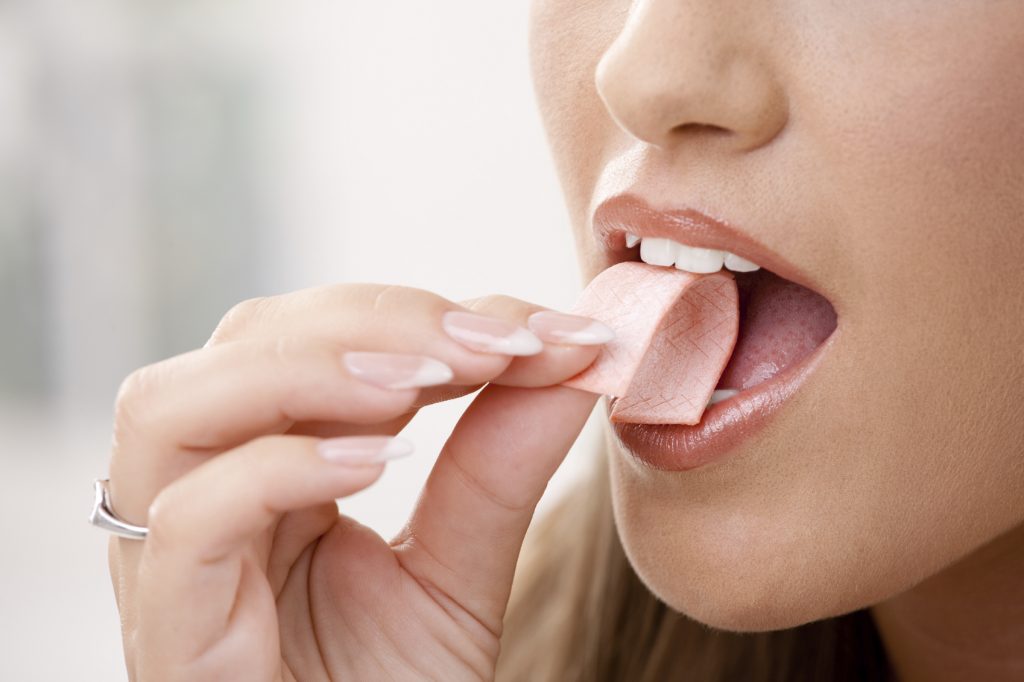
When we think about dental hygiene, most of us are thinking we are keeping our smiles bright and shiny – we never really stop and think about the damage we are preventing by brushing, flossing and rinsing each and every day. But in reality, that should be our main focus. Because if we ignore our dental health, it can lead to a number of dental issues in the future.
Periodontal disease is one of the most common problems Americans face – as many as half of American adults have some level of periodontal disease, and that percentage increases at higher ages. Periodontal, or gum, disease can take many forms – from mild gingivitis, with symptoms like red inflamed gums to severe periodontal disease, where pus from infections can push teeth from their socket.
Fortunately, there are things you can do at home to help prevent periodontal disease. Controlling harmful bacteria in the mouth can be done with a few home remedies. Saltwater rinses (1/2 tsp. of salt in a glass of warm water, swirled in your mouth for up to 60 seconds) and hydrogen peroxide (food grade, equal parts 3 percent hydrogen peroxide and water, swirled in your mouth for a few seconds and then spit out) can help combat bacteria in your mouth, while chewing sugar-free gum with Xylitol has antibacterial properties, in addition to producing saliva, which helps wash food particles from your mouth.
While there’s no substitute for professional dental visits, taking good care of your mouth at home will help keep periodontal disease at bay. If you see red, inflamed, or bleeding gums, it’s time to make an appointment to visit a professional – it’s best to treat periodontal disease before it becomes a serious problem.
If you have questions or concerns about gum disease, make an appointment today with Dr. Philip Schnall at 212-247-7059 or visit our website at www.philipschnalldmd.com.
Dr. Schnall proudly serves New York and all surrounding areas.

